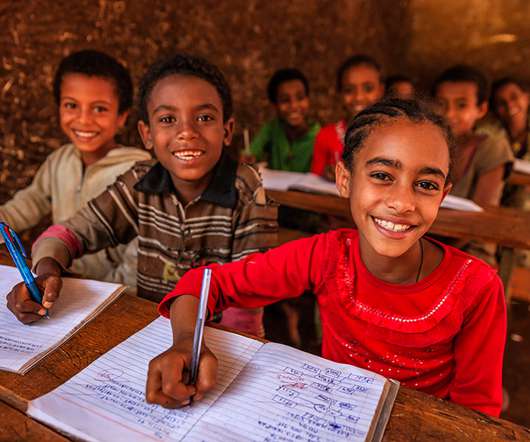Leveraging data to better serve under-resourced communities
Candid
MARCH 26, 2024
Individual donors and foundations increasingly view data “ as the fuel for innovation and social change.” This can lead to funding shortages: A 2021 study by Asian Americans/Pacific Islanders in Philanthropy found that AANHPI communities receive just 20 cents of every $100 awarded by foundations.












Let's personalize your content